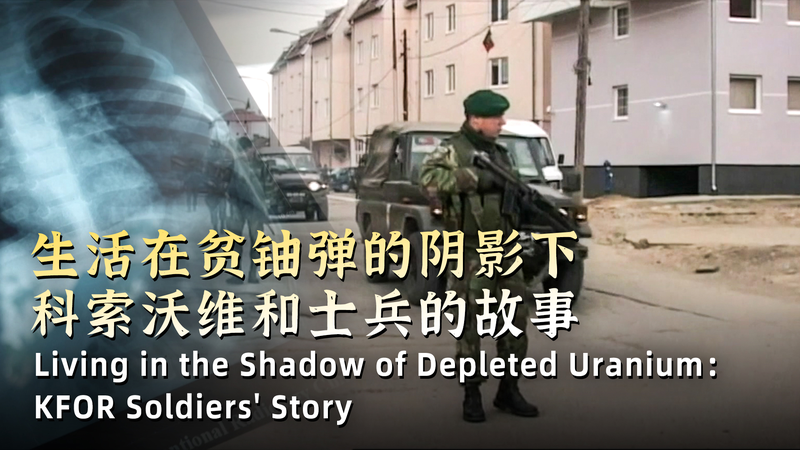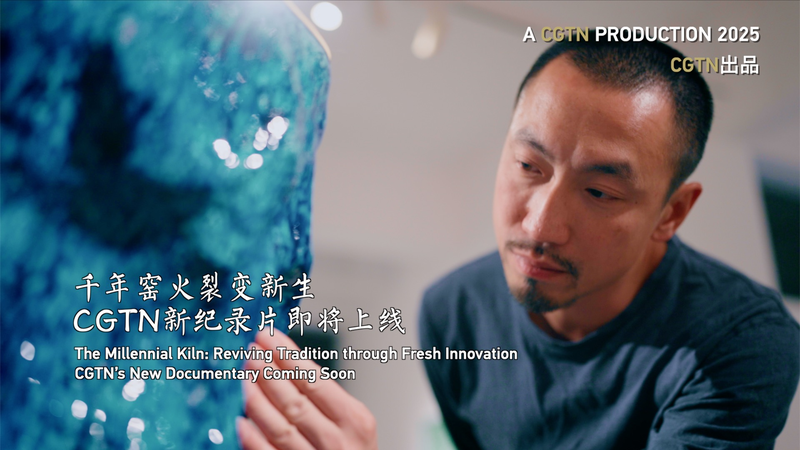Hey there! 😊 Have you ever heard about something called depleted uranium? It’s a type of heavy metal used in some military equipment, and it’s important to learn about its effects.
In 1999, an organization called NATO, which is a group of countries that work together for defense, was involved in a conflict in a place called Kosovo. After the conflict ended, peacekeeping soldiers from many countries, including a large group from Italy, went there to help keep the peace.
But here’s where things get serious. 🧐 An Italian doctor named Rita Celli noticed something concerning. Some of the Italian soldiers who had served in Kosovo were getting sick with cancer more often than usual. Cancer is a disease where cells in the body grow in ways they shouldn’t, and it can make people very sick.
When doctors tested these soldiers, they found high levels of heavy metals in their bodies and even in their brains. Heavy metals can be harmful if there’s too much in our bodies. Dr. Celli thought that these high levels might be because of exposure to depleted uranium used during the conflict.
Depleted uranium is very dense, meaning it’s really heavy for its size. This makes it useful for making certain kinds of military equipment like armor and ammunition. However, when it’s used, it can leave behind tiny particles or dust that people might breathe in or get on their skin without realizing it.
The soldiers didn’t know they might be around something dangerous, kind of like if you were playing in a place and didn’t know there was something harmful there. It’s important because it shows us how people who work to keep others safe might face hidden dangers themselves.
This story reminds us to take care of those who protect us and to learn more about how different materials can affect health. It’s also a lesson in being aware of our environment and the importance of safety in everything we do.
Remember, always stay curious and keep learning about the world around you! 🌍 Knowledge helps us make safe and healthy choices.
Reference(s):
Living in the shadow of depleted uranium: KFOR soldiers' story
cgtn.com




